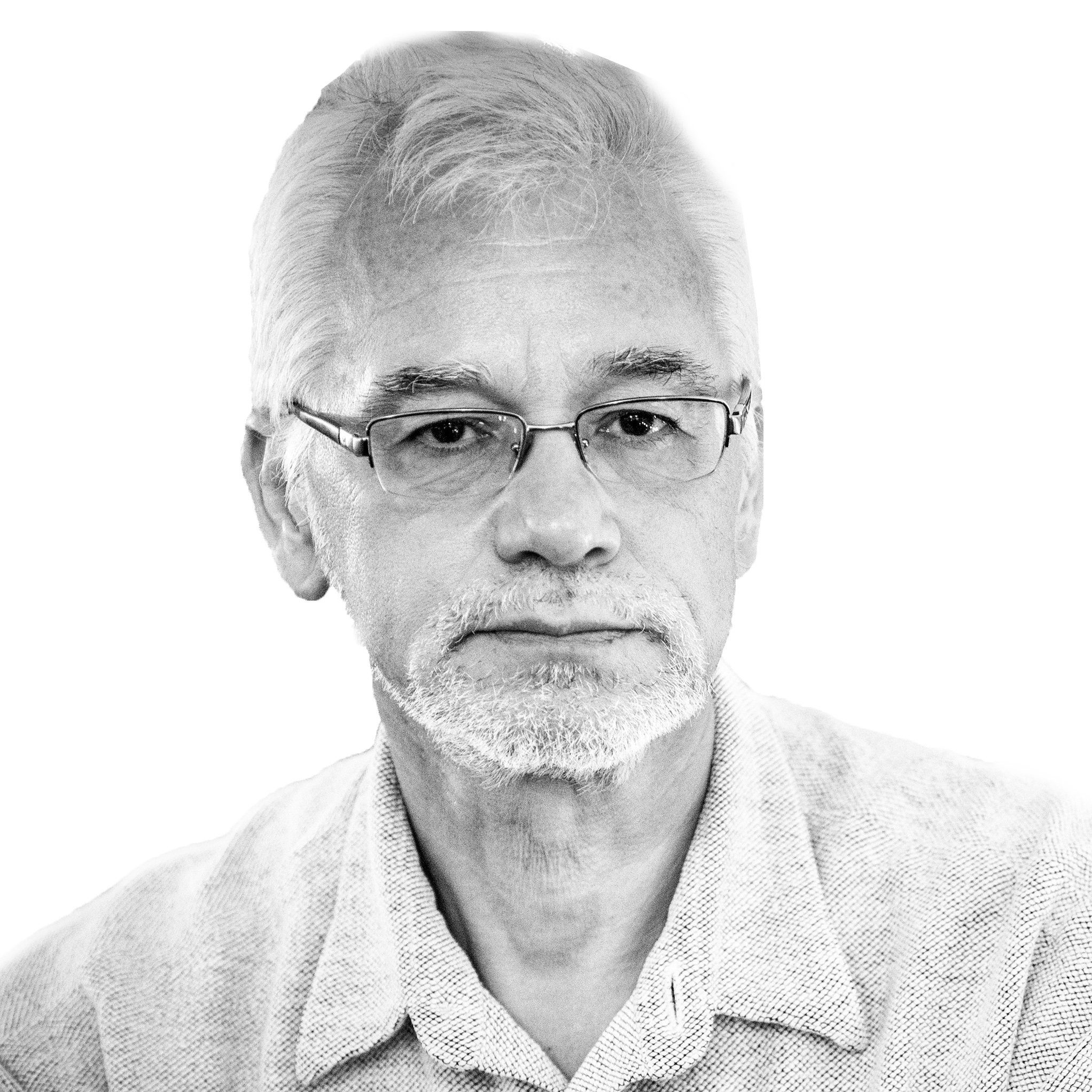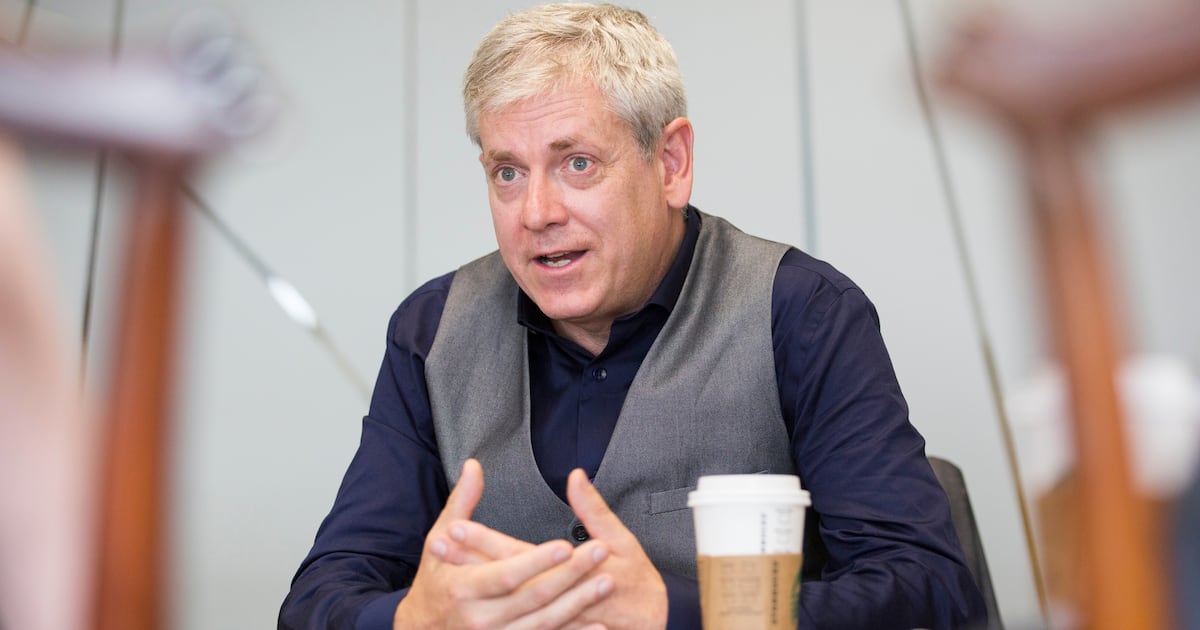Calls by a top member of the ruling party of Turkey for an Islamic constitution to replace the secular basic law in place in the country, a NATO member and crucial U.S. ally, have been rejected by politicians from all stripes, including President Recep Tayyip Erdogan, himself a pious Muslim. But as Erdogan is trying to avoid a debate that could harm him politically, the question remains: How should the relationship between state and religion be defined in a country with a 99 percent Muslim population?
Turkey’s current constitution, which enshrines the principle of secularism in Article 2, was drawn up under military rule in 1982. All parties in Ankara agree that a completely new text should be written to give Turkey a more modern and more democratic outlook.
Erdogan is trying to convince Turks to also change the form of government from the current parliamentary to a U.S.-style presidential one, with himself at the helm. The opposition says his real aim is absolute power without the sort of checks and balances that limit executive excesses elsewhere, amid speculation in the media that a referendum on a new constitution could be called this year. Erdogan cannot be sure that a majority of Turks would accept a presidential system in such a vote, with some polls saying support for his plan is as low as 35 percent.
That is why remarks by Parliamentary Speaker Ismail Kahraman about the need for an Islamic constitution came at a bad time for Erdogan. Kahraman, a member of Erdogan’s ruling Justice and Development Party (AKP), told a conference in Istanbul on April 25 that secularism should not even be mentioned in the planned new constitution. “We are an Islamic country,” Kahraman said. “There has to be a devout constitution.”
Secularist opposition leaders as well as AKP politicians and Erdogan himself immediately spoke out against Kahraman’s idea. Opposition leader Kemal Kilicdaroglu called on Kahraman to resign. Erdogan said he supported secularism as a system in which “the state keeps the same distance to all faith groups, including atheists, and where all faith groups are under the protection of the state.” Prime Minister Ahmet Davutoglu said the AKP’s draft for a new constitution would include a “liberal understanding” of secularism. Eager to get the unwanted controversy off the agenda, Davutoglu said the matter was closed as far as he was concerned.
The biggest reason why Erdogan and Davutoglu want the issue to go away is that Kahraman’s statement opened old wounds. Ever since coming to power in 1982, the AKP has faced accusations of nurturing a secret plan to turn Turkey into an Islamic theocracy. During its tenure, it abolished the long-standing ban of the Islamic headscarf in universities and state institutions like parliament. The AKP says Turkey’s traditional secular elites for decades used secularism as a tool to suppress more observant Muslims and keep them away from the levers of power.
Some observers saw Kahraman’s suggestions as an AKP trial balloon to see whether Turks were ready for a more Islamic system. The Yeni Akit newspaper, an Islamic daily close to Erdogan and the AKP, said the new constitution should define Islam as Turkey’s state religion. Kahraman was receiving strong support from Muslim groups, the newspaper reported.
But many Turks are less enthusiastic. Rejection of calls to bring Turkey’s constitution into line with Islamic rules is not limited to diehard secularists. “Even many devout Turks (are) likely to be queasy about this,” Howard Eissenstat, a specialist on Turkey at St. Lawrence University in Canton, New York, tweeted about Kahraman’s statement. Eissenstat pointed to polls showing that only a minority of 12 percent of Turks want their country to be ruled by Islamic law and that 90 percent think women’s decision to cover their hair should be voluntary.
Abdulkadir Selvi, a newspaper columnist who often reflects the thinking of the ruling party, says the debate triggered by Kahraman was the “thing the AKP had feared most.” Writing in the Hurriyet daily, Selvi said the debate rekindled old suspicions at a time when Erdogan’s group was trying to get the public behind its plan for a presidential system. “The AK Party does not want to engage in a debate about a ‘devout constitution,’” he wrote, even though the party was discussing whether to insert a reference to Islam into the new basic law.
Tactical considerations aside, Turkey needs a frank debate about what secularism means in a 21st-century Muslim country, some observers say. Mustafa Kemal Ataturk, the republic’s founder, saw Islam as a reactionary force preventing the country’s march into the modern age and wanted to remove religion from the public sphere. An unofficial anti-Islam state ideology was in place until the AKP and Erdogan took power 14 years ago.
Nuray Mert, a writer for the opposition Cumhuriyet newspaper and one of the most respected intellectuals in the country, says the Kahraman statement offers Turks a chance to have a conversation about the character of their state. “Everybody should discuss what secularism is for them, why they like it or why they don’t like it,” she wrote.






